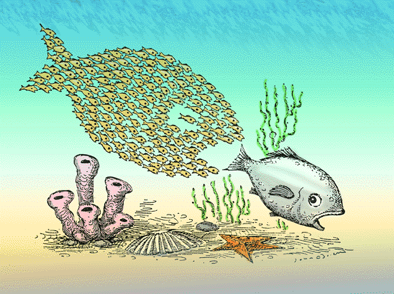Three Arguments Against the Belgian Child Euthanasia Bill Criticised
By Luke J Davies. Follow Luke on Twitter.
Last week the upper house of the Belgian Federal Parliament voted (50 to 17) that euthanasia should be legal for children suffering from a terminal illness that is causing severe physical pain. [1] The bill legalizing the practice requires that the child understand what euthanasia is, and that parents provide their written consent. Unlike the Netherlands, which allows euthanasia for children over the age of 12, there will be no minimum age in Belgium. (Find the story here, here, here, and here.)
The passing of this bill, which has yet to be turned into a law [2], has been met with severe criticism in Belgium and abroad, mostly from religious and conservative groups. From what I have read, there are three main lines of argument against allowing euthanasia for children. The first maintains that allowing euthanasia for children is the first in a long series of steps that will lead to some Third Reich-like eugenics program. The second maintains that children do not have the capacity to make a decision to be euthanized. The third maintains that the legalization of euthanasia for children would lead to parents or health care professionals putting pressure on children to opt for that choice. I believe that each of these arguments fails to demonstrate that the bill should not pass, and will spend the remainder of this post explaining why.
Read More »Three Arguments Against the Belgian Child Euthanasia Bill Criticised

